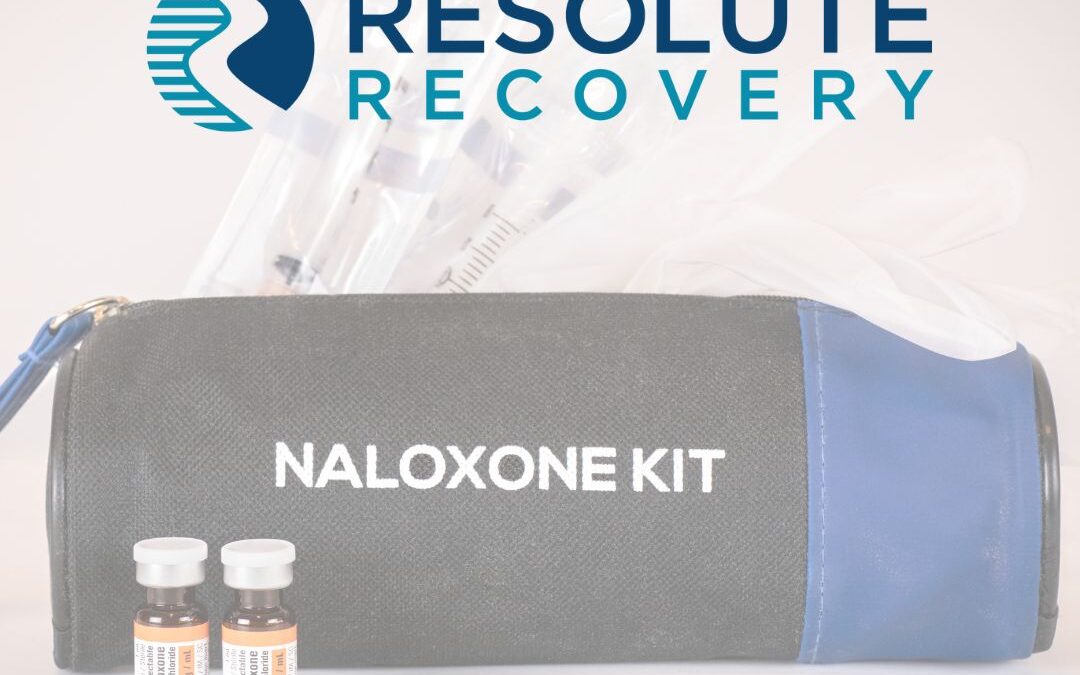When a loved one relapses into substance abuse, it can be a devastating and confusing time for everyone involved. Feelings of anger, disappointment, and helplessness are all natural responses. However, it’s crucial to remember that relapse is a common occurrence in the journey of addiction recovery. According to the National Institute on Drug Abuse (NIDA), up to 60% of people in treatment will experience relapse at some point [1].
The key is to approach the situation with compassion, understanding, and a commitment to getting your loved one back on the path to recovery. Here, we’ll outline practical steps you can take to support a loved one who has relapsed, with resources and guidance to help them recommit to a healthy lifestyle.
Understanding Relapse: It’s Not a Failure
First, it’s important to understand that relapse is not a sign of weakness or personal failure. Addiction is a complex disease that affects the brain’s reward system, making it difficult to resist cravings and triggers. There are many factors that can contribute to relapse, such as stress, mental health issues, or social situations.
By educating yourself about the nature of relapse, you can be more supportive and help your loved one avoid feelings of shame and self-blame. If you’re looking for in-depth information on the science behind addiction, Resolute Recovery offers a helpful article on “Understanding Addiction: The Disease Model: https://www.hazeldenbettyford.org/research-studies/addiction-research/brain-disease-model“.
Taking Care of Yourself: Prioritizing Your Well-Being
While supporting your loved one is important, it’s crucial to prioritize your own well-being during this challenging time. Relapse can take an emotional toll, so make sure you’re taking steps to manage your stress and maintain your own mental health. Here are some self-care strategies to consider:
- Seek support: Talking to a therapist or counselor who specializes in addiction can help you process your emotions and develop healthy coping mechanisms.
- Join a support group: Connecting with others who understand what you’re going through can be invaluable. Resolute Recovery offers support groups for families of those struggling with addiction. You can find more information on our “Support Groups: [invalid URL removed]” page.
- Practice relaxation techniques: Activities like yoga, meditation, or deep breathing can help manage stress and improve emotional well-being.
Communication and Empathy: Approaching Your Loved One
Once you’ve taken care of yourself, it’s time to reach out to your loved one. Here are some tips for communicating effectively:
- Choose the right time and place: Pick a moment when you’re both calm and clear-headed, and avoid public spaces where the conversation might feel uncomfortable.
- Express your concern with love and empathy: Let them know that you care about them and want to help.
- Focus on the future: Instead of dwelling on the relapse, talk about ways to move forward with recovery.
- Listen actively: Give your loved one the space to talk about how they’re feeling without judgment.
- Set boundaries: While you want to be supportive, it’s important to establish healthy boundaries. This might involve not enabling their addiction or refusing to participate in risky behaviors.
For more detailed guidance on communication during addiction recovery, you can visit our page on “Effective Communication in Addiction Recovery: https://www.ashleytreatment.org/rehab-blog/the-importance-of-communication-skills-in-recovery/“.
Relapse Prevention: Creating a Support System
Relapse prevention is key to long-term recovery. Here are some ways you can help your loved one create a strong support system:
- Encourage professional help: Relapse is often an indication that adjustments need to be made to the treatment plan. Recommend seeking professional help from a therapist, counselor, or addiction specialist.
- Support participation in support groups: Support groups provide a safe space for individuals in recovery to connect with others facing similar challenges.
- Help identify triggers: Work together to identify potential triggers that could lead to relapse. This could be anything from stress to certain social situations. Once identified, you can develop strategies for avoiding or managing these triggers.
- Develop a relapse prevention plan: Having a clear plan in place can help your loved one navigate cravings and triggers more effectively. The plan should outline coping mechanisms, support system contacts, and immediate steps to take if a relapse occurs.
Treatment Options: Exploring the Best Path
If your loved one is willing to get back on track with their recovery, it’s important to discuss treatment options. Depending on the severity of the relapse and their individual needs, there are different levels of care available:
- Individual therapy: One-on-one therapy with a licensed therapist or counselor can help address underlying mental health issues and develop coping mechanisms to prevent future relapses.
- Intensive outpatient treatment (IOP): IOPs provide structured treatment while allowing individuals to live at home. They typically involve several hours of therapy per week.
- Partial hospitalization programs (PHP): These programs offer more intensive treatment than IOPs, usually several hours of therapy a day, several days per week.
- Residential treatment: Residential or inpatient treatment programs provide 24/7 care and support. They are best for those who have struggled with multiple relapses or require a highly structured environment.
Resolute Recovery offers a range of treatment options to support individuals and families through addiction recovery. To find out more about our different programs, you can contact us here: [invalid URL removed].
Maintaining Boundaries: Finding the Right Balance
Supporting a loved one through addiction recovery requires a delicate balance. You want to offer help and encouragement without overstepping boundaries or enabling their behavior. Here’s how to maintain that balance:
- Don’t enable: Avoid covering for their mistakes, lending them money, or bailing them out of legal troubles. Enabling behaviors make it easier for them to continue their addiction.
- Say “no”: It’s okay to set limits and say no to requests that undermine their recovery.
- Offer “tough love”: Express your love and support while firmly holding them accountable for their recovery.
- Communicate clearly: Be open and honest about your concerns and expectations, letting them know the consequences of continued substance abuse.
Patience and Forgiveness: The Journey to Healing
Recovery is not a linear process. There will be ups and downs along the way. It’s essential to be patient, forgive setbacks, and celebrate even small victories. Remind your loved one (and yourself!) that progress is often two steps forward and one step back.
Here are ways to practice patience and forgiveness:
- Focus on progress, not perfection: Recovery takes time. Celebrate small milestones and don’t get discouraged by minor setbacks.
- Focus on the positive: Instead of dwelling on the negative, acknowledge your loved one’s efforts.
- Avoid harsh criticism: Negative language and judgment can be discouraging and counterproductive.
- Show compassion: Remember that your loved one is struggling, and approach their relapse with compassion and a willingness to support renewed efforts towards recovery.
Additional Resources:
- SAMHSA’s National Helpline: 1-800-662-HELP (4357) is a free, confidential 24/7 resource for information about substance use disorders and treatment options. You can also visit their website at https://www.samhsa.gov/find-help/national-helpline.
- Al-Anon and Nar-Anon: Support groups for family and friends of individuals struggling with addiction. Find meetings in your area by visiting https://al-anon.org/ or https://nar-anon.org/
We’re Here to Help
Watching a loved one relapse can be heartbreaking, but it doesn’t mean recovery is out of reach. With the right support and treatment plan, your loved one can get back on track and live a healthy and fulfilling life. Remember, you’re not alone in this. Resolute Recovery is here to guide your loved one – and your family – through this journey.
References [1] National Institute on Drug Abuse: Drugs, Brains, and Behavior: The Science of Addiction (https://www.drugabuse.gov/publications/drugs-brains-behavior-science-addiction/drugs-brain)



